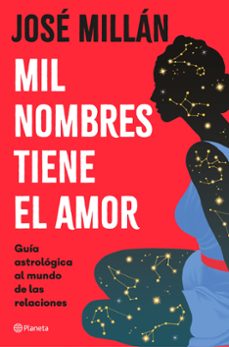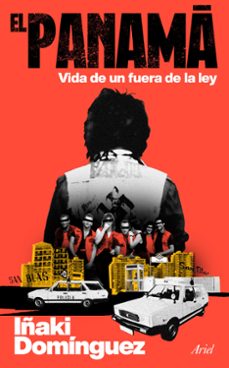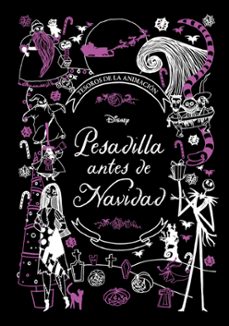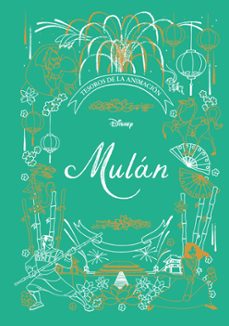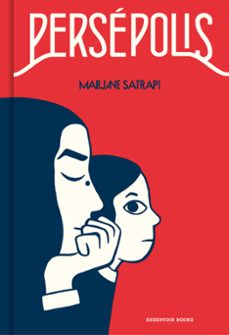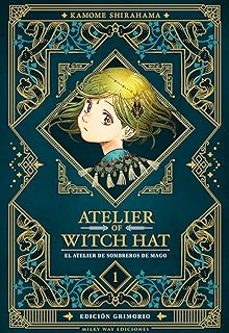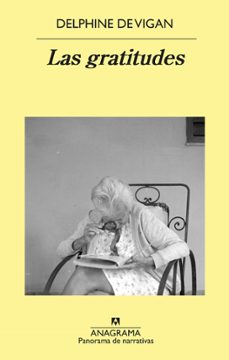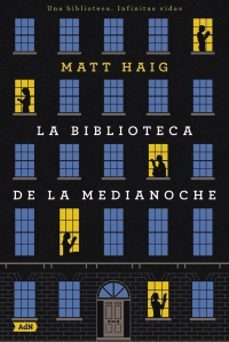📗 Libro en inglés MY GERMAN BROTHER
PAN MACMILLAN- 9781509806461
Sinopsis de MY GERMAN BROTHER
Ciccio already has many problems: romantic failure, an older brother who seems intent on breaking the heart of every beautiful woman in Sao Paulo, a distant and larger-than-life father. When Ciccio finds, among the many of his father's books that line the walls of their house, a troubling letter dated `December 21, 1931. Berlin', his existential crisis only intensifies. It seems that his father once had a child with another woman - a German son whose fate remains unclear. Ciccio sets out on a mission to locate his lost half-brother, and to win the respect of his father. But as Brazil's military government cracks down on dissent, and rumours of arrests and disappearances spread, while Ciccio has been out looking for his German brother, he finds that he has taken his eye off his immediate family . . . In writing My German Brother, acclaimed Brazilian novelist and musician Chico Buarque was driven by the desire to find out what happened to his own German half-brother - whether he survived the war in a bomb-ravaged Berlin, whether he had joined the ranks of the Hitler Youth. His novel has been a project of a lifetime, one that makes use of what happened, what might have happened, and pure imagination, in order to weave together the threads of narrative and arrive at a truth.
Ficha técnica
Editorial: Pan Macmillan
ISBN: 9781509806461
Idioma: Inglés
Encuadernación: Tapa blanda
Fecha de lanzamiento: 24/04/2019
Año de edición: 2019
Especificaciones del producto
Escrito por Chico Buarque
Chico Buarque, hijo de un gran historiador y ensayista brasileño, nació en 1944 y creció siempre rodeado de las grandes figuras de la literatura brasileña y extranjera que frecuentaban su casa. Estudió arquitectura, pero muy pronto se dedicó a la música llevando ya casi treinta años entregado a ella, con más de 250 canciones en su haber, muchas de ellas cantadas por él mismo y grabadas para siempre en nuestra memoria, y varias bandas sonoras de películas. Es autor de otra novela, Facenda modelo, que se publicó en 1974 y que, si bien en forma titubeante, anunciaba ya al escritor hecho y derecho que, en agosto de 1991, publicó Estorbo en Brasil. También ha escrito cuatro obras de teatro, poemas y un libro para niños. A muchos críticos sorprendió la visión profundamente sarcástica y escéptica que Chico Buarque expresa aquí de la sociedad brasileña que, en realidad, tanto se parece hoy en día a la de cualquier otro país. Pero lo cierto es que esta visión no sólo parece ser compartida por más de trescientos mil lectores en Brasil,sino que la traducción de Estorbo a otros diez idiomas está despertando paulatinamente el interés de muchos más lectores del mundo entero.
Descubre más sobre Chico Buarque Recibe novedades de Chico Buarque directamente en tu email
Opiniones sobre MY GERMAN BROTHER
¡Sólo por opinar entras en el sorteo mensual de tres tarjetas regalo valoradas en 20€*!



